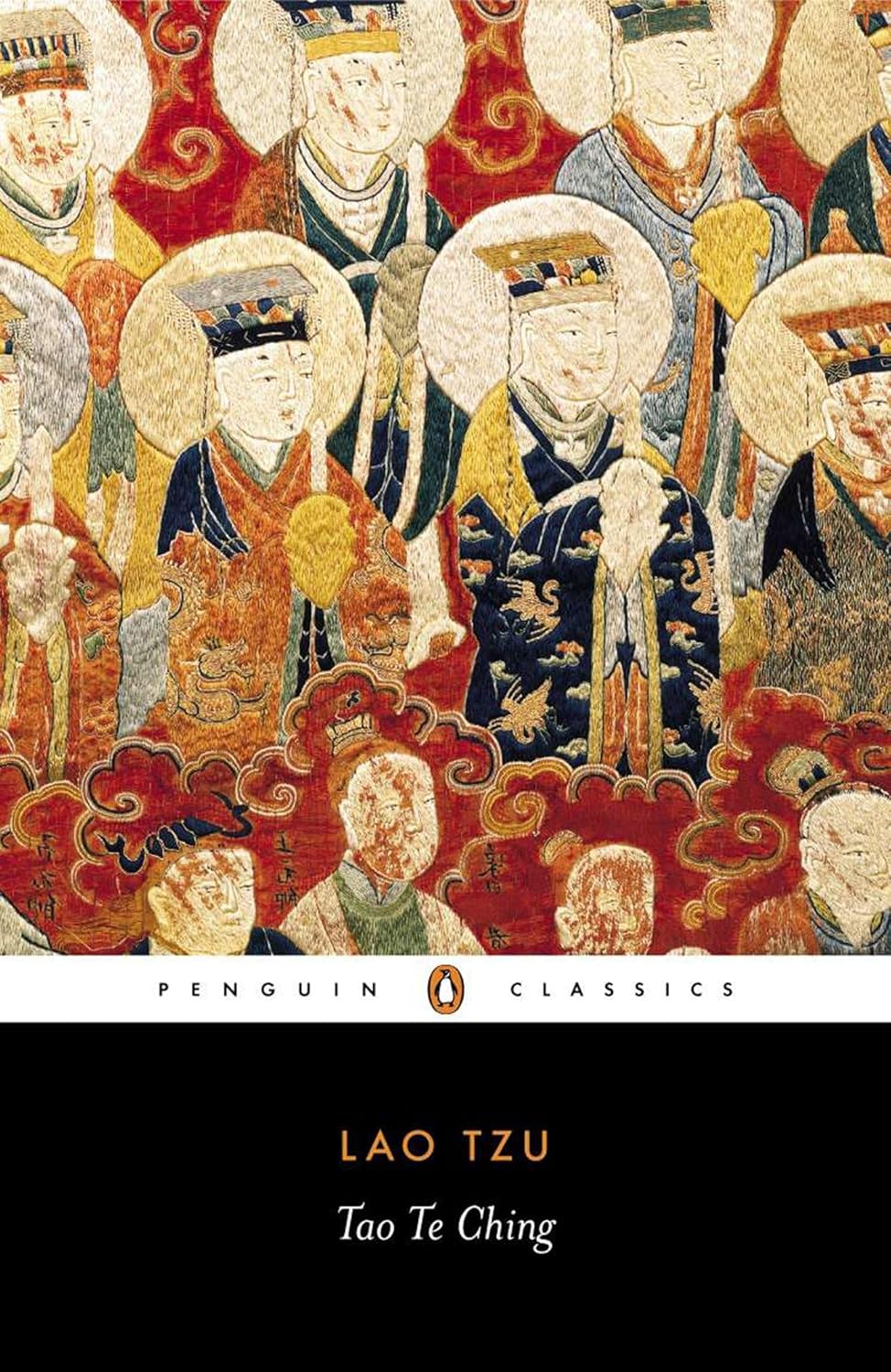currently reading:
- Stalingrad by Antony Beevor
- Nordic Tales
planning to read:
- Nausicaä of the Valley and the Wind Manga by Hayao Miyazaki
- Franz Kafka's works
- Edgar Allan Poe: Collected Works
- Dracula by Bram Stoker
The Tao te Ching is a staple in east asian philosophy. Actually, it's the second most translated book in the world, standing right
behind the Bible. It was originally written in ancient chinese, which makes it difficult to this day to create a fitting translation. The author "Lao Tzu", as funny as it might sound, never existed as to todays knowledge. There is a legend about the existence of
Lao Tzu, but in the Warring States Period it was pretty common to give schools of philosophy a name, like an author. Lao tzu just means
"old wise man". Tao te Ching is estimated to have originated between 250bc - 300bc
as an anthropology by many different writers.
The core of the Tao te Ching, or the philosophy as it is called: Taoism, is the "Tao".
The Tao cannot be named and it cannot be spoken of. It's a concept and a thing at the same time, supporting and having created the universe.
We should model ourselves on the Tao, this means natures uncomprehendable laws. The Tao te Ching is a philosophy mainly focusing on survival. At that time,
China had many wars and was a dangerous place, therefore this philosophy found it's way as a practical handbook for contentment, even at such times.
The basis of this philosophy are opposites. When there is good, there will always be bad. When you go out of the natural flow of things, there will always be disaster. So what shall you do?
Follow nothingness - the Tao. "Nothing" doesn't have a direct opposite and by this reasoning, resembles the truth to survival.
In following the Way (another term used for Tao), you follow integrity, discard excess and remove any desire, hence anything that makes you vulnerable and discards contentment with yourself and your surroundings at that moment.
An important concept of Taoism is holding fast to the weak. "Put yourself last and you will come first", "The most submissive thing in the world can ride rougshod over the hardest in the world". It takes a glance at nature.
Nature is always a cycle. The weak will at some point always overcome the strong. Water, the base of life and this world, and just a fluid, can be the most dangerous thing in the world.
Humans most often naturally follow the logic of the obvious: fighting to overcome, oppressing for power. Taoism tries to find the unwantable truth.
A modern example: When somebody famous is being accused of something and evidence is laid upon him, the person often doesn't admit it, innerly trying to show power and ignorance.
However, this makes the person look weak. If he'd admit his deed with genuine honesty, giving in, he'd on the contrary look very strong and would be illustrious.
Lastly, resulting in the concepts explained, Taoisms praises to have harmony with others. Only when you are in harmony with yourself and your surroundings, resistance and danger vanish. This goes as far as to show humility and to go, again, against your desires, e.g. not preaching about something you REALLY think you did great at.
Humans are jealous, humans have ego, humans can't bear with the unpleasant truth and the unknown, that IS the truth and Taoism addresses this with observing and letting go of yourself, learning of the supernatural and uncomprehendable and listening to what it has to say to you.
Taoism is a highly personal and rather complex philosophy. It goes straight against the nature of human existence. We take by-paths, the way follows the straight path. We give in to greed and addiction. Yea the way is completely against that. Still, it provides great insight into
the behavior of the world and one can learn a lot from it. Eventually, we should base ourselves on parts of many philosophies and come to our own, instead of restricting oneself on a single perspective.

repo